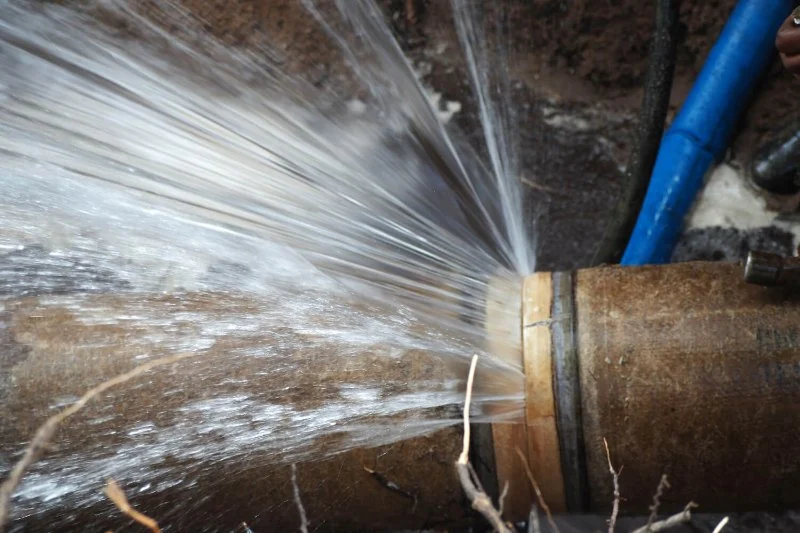
- 1. Understanding Settling Damage to Plumbing Joints
- 2. Common Causes of Settling Damage in Plumbing Joints
- 3. Tips to Prevent Settling Damage to Plumbing Joints
- 4. How to Maintain Your Plumbing System to Avoid Damage
- 5. When to Call a Professional for Plumbing Joint Issues
1. Understanding Settling Damage to Plumbing Joints
Plumbing joints are a critical part of your home’s plumbing system, connecting pipes and ensuring that water flows smoothly throughout your home. However, over time, settling damage can occur, potentially leading to serious leaks or pipe failures. Settling refers to the shifting or moving of the ground or foundation around your home, which can affect the stability of the plumbing joints. Understanding how settling damage happens and the impact it can have on your plumbing is essential for homeowners looking to protect their systems.
2. Common Causes of Settling Damage in Plumbing Joints
Settling damage to plumbing joints is often caused by external factors such as soil movement, poor installation, and shifting foundations. Here are some common causes:
- Soil Erosion: The ground beneath your home may erode over time due to weather, water drainage issues, or changes in moisture levels. This can lead to pipes and joints becoming misaligned or disconnected.
- Foundation Movement: Shifting foundations, caused by natural settling or construction issues, can put pressure on plumbing joints and cause them to crack or fail.
- Improper Installation: Plumbing joints that are not installed properly may be more susceptible to damage from settling, leading to leaks or burst pipes over time.
- Heavy Construction or Landscaping: Activities like construction near your home or digging for landscaping can disturb the ground, causing movement that affects your plumbing joints.
3. Tips to Prevent Settling Damage to Plumbing Joints
While some causes of settling damage are unavoidable, there are steps you can take to reduce the risk and protect your plumbing system:
- Ensure Proper Drainage: Poor drainage can exacerbate soil erosion around your home. Make sure that water is flowing away from your foundation, especially after heavy rainstorms. Installing gutters, downspouts, and grading your yard can help prevent water from accumulating near the foundation.
- Regular Inspections: Have your plumbing system inspected regularly by a professional to check for signs of damage or wear. Early detection of potential settling problems can save you from expensive repairs in the future.
- Reinforce Foundation: If you live in an area prone to shifting soil or foundation issues, consider reinforcing your foundation. Foundation repairs can help minimize the impact of settling on plumbing joints.
- Use Flexible Pipes and Joints: Installing flexible joints and pipes can help reduce the strain caused by settling, as they can absorb some of the movement in the ground.
- Soil Stabilization: In cases where soil erosion or unstable ground is a concern, soil stabilization methods can be applied to prevent further damage. This may include soil injections or foundation underpinning.
4. How to Maintain Your Plumbing System to Avoid Damage
To prevent settling damage and other plumbing issues, proper maintenance is key. Here’s how you can maintain your plumbing system:
- Inspect Pipes and Joints Regularly: Make it a habit to inspect your plumbing joints and pipes for any signs of cracks, leaks, or misalignments. Tightening joints or replacing damaged seals can help prevent larger issues.
- Ensure Proper Ventilation: Make sure your plumbing system is well-ventilated to avoid pressure build-ups that can strain joints. Proper ventilation also helps to prevent corrosion over time.
- Address Leaks Immediately: Even small leaks can lead to bigger problems. Repairing leaks promptly helps to reduce the risk of water damage, corrosion, and foundation problems.
- Seal Gaps and Cracks: Check for gaps or cracks around plumbing fixtures, especially those in areas that experience settling. Sealing these cracks prevents external factors from affecting your plumbing system.
5. When to Call a Professional for Plumbing Joint Issues
While you can take steps to prevent settling damage, there are times when you’ll need the help of a professional plumber. If you notice any of the following signs, it’s important to call in a specialist:
- Cracks in pipes or joints.
- Persistent leaks that are difficult to locate.
- Water damage or mold growth near plumbing areas.
- Signs of foundation movement that could affect plumbing.
For help with settling damage to plumbing joints or to schedule an inspection, visit Plumbers Supply Hub for expert advice and solutions.

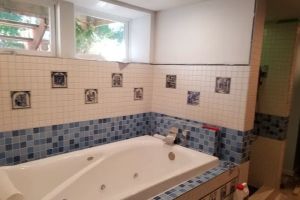
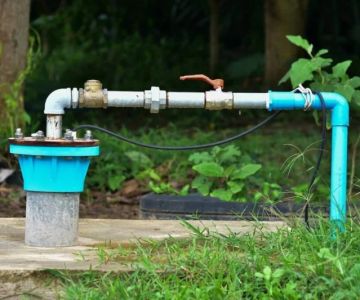
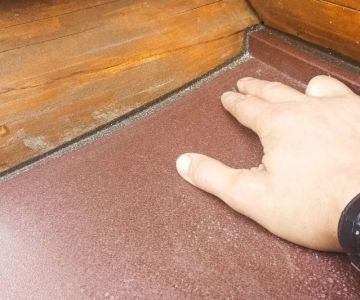
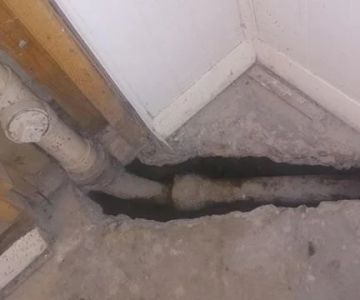
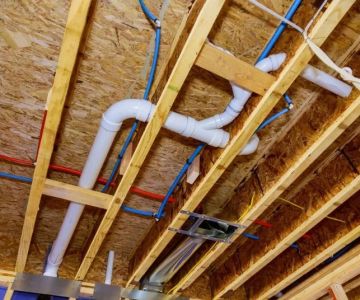
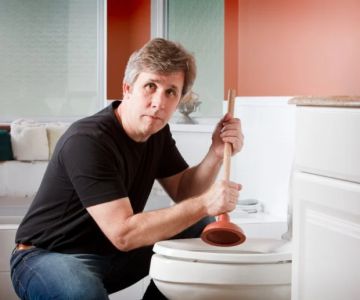
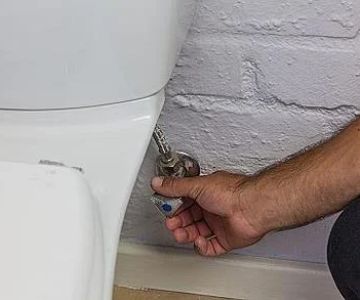
 Ochoa's Backflow Systems5.0 (1 reviews)
Ochoa's Backflow Systems5.0 (1 reviews)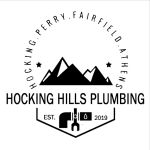 Hocking Hills Plumbing LLC4.0 (9 reviews)
Hocking Hills Plumbing LLC4.0 (9 reviews)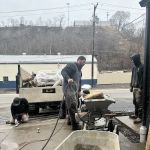 Metz Plumbing & Sewer Lining LLC4.0 (305 reviews)
Metz Plumbing & Sewer Lining LLC4.0 (305 reviews)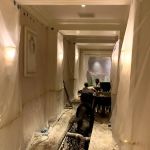 Rooter Shark Plumbing5.0 (3 reviews)
Rooter Shark Plumbing5.0 (3 reviews)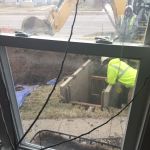 Highview Plumbing Inc4.0 (30 reviews)
Highview Plumbing Inc4.0 (30 reviews)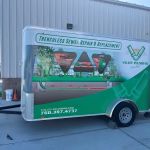 Valley Plumbing4.0 (233 reviews)
Valley Plumbing4.0 (233 reviews)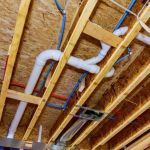 How to Route a New Plumbing Run in a Finished Basement – Step-by-Step Guide
How to Route a New Plumbing Run in a Finished Basement – Step-by-Step Guide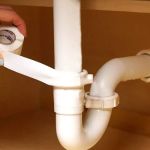 How to Prevent Settling Damage to Plumbing Joints
How to Prevent Settling Damage to Plumbing Joints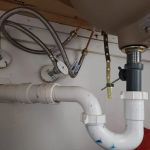 How to Repair a Sink That Drains Faster Than Faucet: Fixing Plumbing Issues Efficiently
How to Repair a Sink That Drains Faster Than Faucet: Fixing Plumbing Issues Efficiently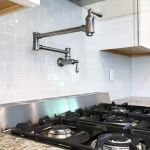 How to Install a Pot Filler Faucet in the Kitchen: A Step-by-Step Guide
How to Install a Pot Filler Faucet in the Kitchen: A Step-by-Step Guide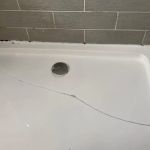 How to Repair a Crack Around a Bathtub Rim: A Step-by-Step Guide
How to Repair a Crack Around a Bathtub Rim: A Step-by-Step Guide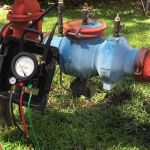 How to Test Backflow Preventers Annually: A Step-by-Step Guide
How to Test Backflow Preventers Annually: A Step-by-Step Guide